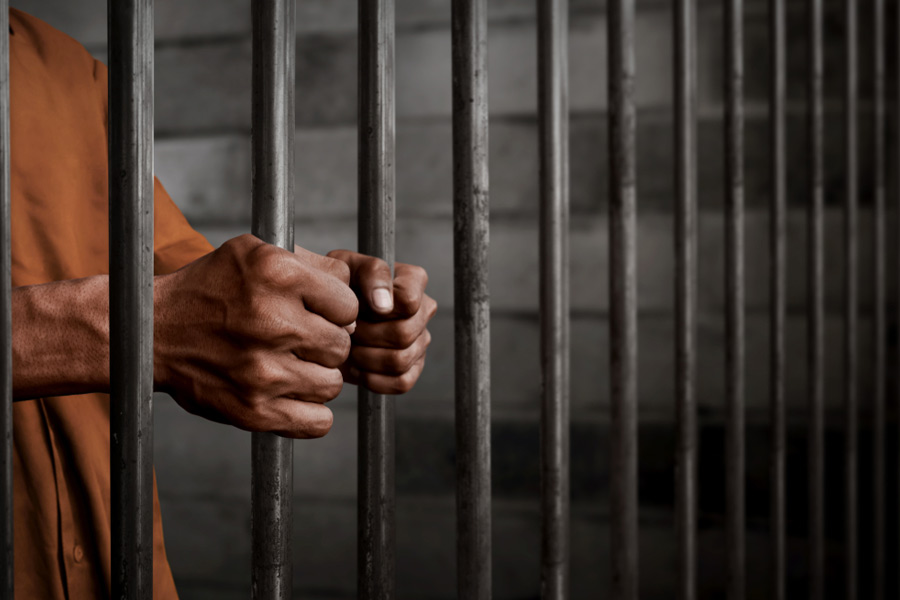India’s burden of undertrial prisoners is considerable. According to the National Crime Records Bureau, three out of nearly every four prisoners languishing in an already overcrowded penitentiary system are undertrials. Despite the Supreme Court repeatedly asserting that bail should be the norm and jail the exception, the message does not seem to have filtered down India’s justice delivery ecosystem. Economic and social backwardness further hinders access to efficient legal aid; this is particularly true for the scheduled castes, scheduled tribes and other backward classes that make up more than two-thirds of the undertrial population of the country. When draconian legislations — the Unlawful Activities (Prevention) Act is an example — come into the picture, the avenues for speedy relief dry up for all. Dissidents like G.N. Saibaba had to spend years behind bars before being released after the prosecution failed to provide any compelling evidence linking them to the charges. ‘Miscarriage of justice’, in legal parlance, then, is not exactly novel in India. This raises important questions: do the victims of justice’s miscarriage, citizens who have had some of their most productive years robbed by the State, not deserve some compensation? And can the recompense be financial in form?
India, sadly, has no such mechanism for exonerated undertrials. Individuals have the right to approach the judiciary demanding compensation for violation of their fundamental rights — Nambi Narayanan is a famous example — but no law entitles undertrials to financial reimbursement. This is curious because compensation for the loss of liberty should lie at the heart of the endeavour for justice. There are international precedents honouring the principle. Many European nations offer pecuniary reimbursement to acquitted pre-trial detainees — in Germany, it is 75 euros per day — and some states in the United States of America allow civil lawsuits to be filed by those wrongfully convicted. The Centre recently instituted a standard operating procedure for the release of economically backward undertrial prisoners and convicts past their release date, but the effect of that plan remains to be seen. The denial of compensation stems from a narrow legal outlook, which seems to prioritise punitive instincts over rehabilitation. Worse, no accountability is demanded from those — investigators, complainants, even courts — that are involved in the miscarriage of justice. For undertrials, it is a double burden: the loss of time and perpetual social stigma. It is time for stakeholders to deliberate on judicial compensation for the wronged, an issue related to individual dignity and institutional autonomy.










